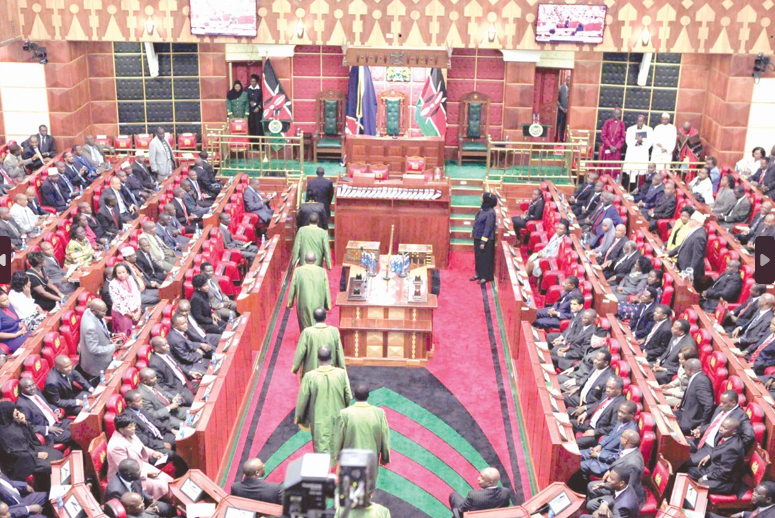In debating budget, consider effect on food security
By Macharia Muhoho, May 17, 2024The proposed Finance Bill 2024 has sparked significant debate and concern among citizens and experts. Its potential far-reaching effects will affect all industries in Kenya.
Is it a poisoned chalice? If the bill passes in its current draft, it will not only undermine the Kadogo economy but also pose threats to food security in the years ahead.
The bill is a crucial legislative document that delineates tax measures and authorities for the KRA in the coming fiscal year. It plays a pivotal role in shaping the country’s financial landscape and ensuring compliance with tax regulations.
Businesses and individuals must stay informed about the changes and updates outlined in the bill to effectively plan their financial strategies and fulfil their obligations.
The implementation of these tax measures can have a significant impact on the economy, influencing investment decisions, consumer behaviour, and overall economic growth. Stakeholders need to monitor updates on the bill and adapt their financial practices accordingly.
If the bill is adopted in its current form, will it burden ordinary citizens at the expense of development? How will it affect food security and other critical sectors? Food security is a global concern with far-reaching implications in developing countries, Kenya included.
The potential impact on food security is among the most concerning aspects of the proposed legislation. While the bill’s primary objective is to increase government revenues, it may compromise the availability and affordability of food. This could further complicate existing challenges related to accessing food for a significant portion of the Kenyans.
The bill suggests a 2.5 percent tax on motor vehicles, calculated based on the vehicle’s value. While this may not affect food security directly, its indirect effect on transportation costs could disrupt food distribution channels.
It would also introduce a minimum top-up tax for resident entities affiliated with multinational corporations. If their effective tax rate fall below 15 percent, they will be obligated to remit an additional tax. This initiative may have far-reaching implications for multinational food companie with operations in Kenya.
Contributions to the Social Health Insurance Fund, post-retirement medical fund, and the affordable housing levy will now be eligible for tax deductions. The bill’s potential impact on employees’ earnings and taxation has sparked mixed reactions.
Many worry about reduced disposable income and the overall cost of living. Small and medium-sized enterprises (SMEs) will be stifled under the proposed taxes and levies. These businesses form the backbone of Kenya’s economy and play a crucial role in creating jobs and and alleviating poverty. Any negative repercussions on SMEs could have far-reaching consequences.
The bill proposes a withholding tax on goods provided to public entities by resident and non-resident individuals. The tax rate would be 3 percent for payments made to resident individuals and 5 percent for non-resident individuals. This could affect access to essential goods, such as food.
The bill also suggests a new withholding tax for digital content creators and online influencers at 15 percent. This can impact the burgeoning digital economy.
Kenyans are concerned about the potential stifling of economic development due to increased taxes. The bill, which aims to contain fiscal deficits, has sparked dissatisfaction, indicating a lack of consensus and the need for further dialogue and revision before implementation.
Critics have raised concerns about the lack of transparency in the bill regarding the allocation of the increased revenue. Without clear information on how the government intends to spend the funds, there is a potential for mismanagement or misuse.
— The writer is an innovations evangelist and a PhD Candidate —machariamuhoho@gmail.com
